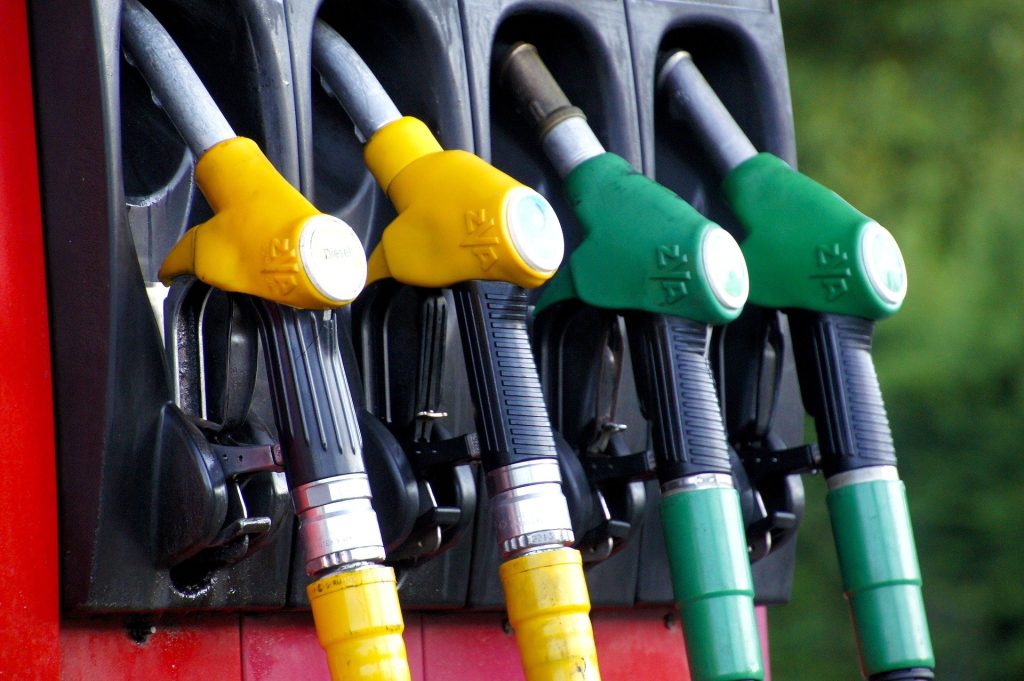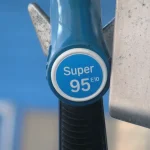There is a small Hungarian town called Letenje, located right next to the Croatian border. Formerly known as a shopping mecca, the town is nowadays visited by Croatian guests for one specific purpose: filling up their fuel tanks. Fuel is significantly cheaper in Hungary compared to the current prices in Croatia, writes HRT, whose reporters talked to Croatian customers at a petrol station in Letenje.
‘I come from a village five kilometres away from the border, fuel is three kuna cheaper here so we save 150 kuna per tank, then we go grocery shopping; it makes a difference’, said Ivan Kranjčec from Donji Kraljevac.
‘I came here because people are saying it’s cheaper, it’s my first time here’, said Martina Mlinarec from Čakovec.
‘A full tank, to the top, 60 to 70 litres’, said Petar from Čakovec about his purchase.
Lower fuel prices have also been attracting foreign truck drivers as of late, leading some petrol stations to limit the purchase to 100 litres per customer. Nevertheless, yesterday’s crowds had Hungarian petrol stations running out of fuel.
Apart from Croats, Hungarian petrol stations are visited by customers from Slovenia and Austria. Only recently, the Hungarian oil and gas company MOL has been selling 5 million litres of fuel a day, whereas now they sell 15 million litres per day.
Due to the large influx of foreign customers, Hungary imposed restrictions on Friday.
‘According to the new regulations, drivers of foreign trucks over 3.5 tons are no longer allowed to buy fuel at our petrol stations at a subsidised price. They have to pay the market price’, said Andras Orosz, a spokesman for MOL.
Owners of personal vehicles can still buy fuel at the more affordable price and without restrictions. Hungary’s largest oil company claims that there’s no shortage to worry about.
Inflation in Hungary recently reached its highest level in 15 years, so the government froze the prices of energy, food and mortgage loans. Many have called this a pre-election move of Viktor Orban, as parliamentary elections are to be held in Hungary in April.
Either way, Croats will likely continue to flock to Hungary to refill their fuel tanks, despite having to wait in long queues.











